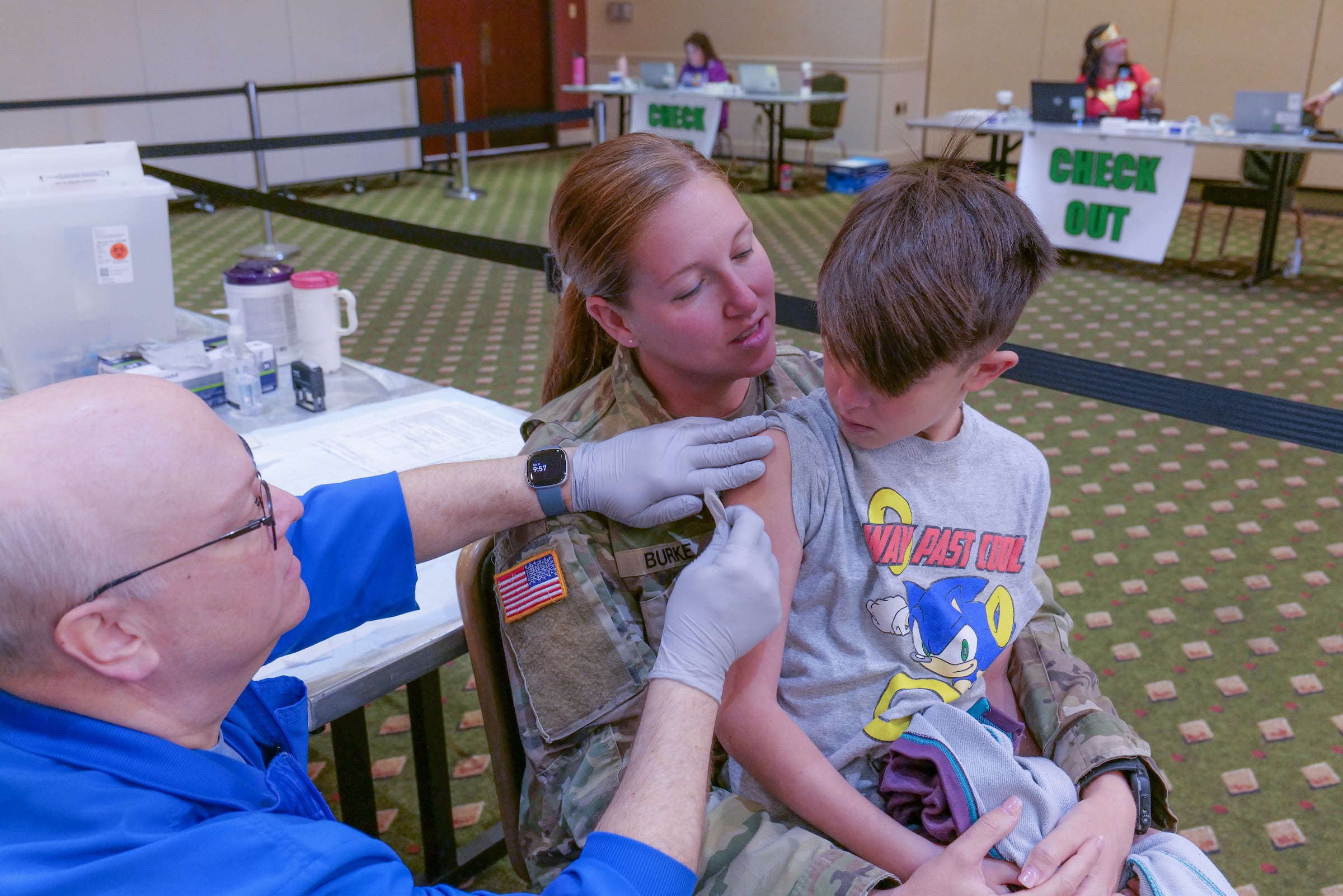The Marine Corps is taking another step forward in the ongoing struggle against suicide.
Marine Corps Systems Command announced last month it will begin fielding a new software application developed to proactively identify at-risk troops and recommend resources to commanders.
The app – the Integrated Clinical Management and Risk Mitigation System – runs factors such as a Marine's deployment history, military discipline and personal issues through an algorithm to highlight those who might need help, said Marvin Wallace Jr., project manager for the ICM-RMS.
"It's simply a tool to help a commander help Marines," Wallace said. "It's not a witch-hunt."
Wallace expects the ICM-RMS to be fielded throughout the force by February 2018.
While that may seem like a long time for computer software, the ICM-RMS is actually on an expedited acquisition pipeline.
Following an extensive six-unit test in August, the Marine Corps designated the ICM-RMS as an urgent universal need.
"The normal acquisition process requires about 20 documents at various stages of development," Wallace said. "With the [Urgent Need Statement], that’s been streamlined to three or four documents."
The ICM-RMS was originally developed by 2nd Marine Division in 2011 as a means to consolidate and share information to allow for command intervention.
In reviewing cases of suicide at Camp Lejeune, North Carolina, individuals almost always were seeing a piece of the risk picture, but that information wasn’t being shared, especially in real-time, said Lt. Cmdr. Yaron Rabinowitz, operational psychologist at the Marine Special Operations School and one of ICM-RMS original developers.
"We quickly recognized that in order for it to truly provide a commander with a holistic risk assessment, that we needed to add a few key capabilities," he said.
"Number one that was we needed to provide a multidirectional flow of information between command, medical & mental health," said Rabinowitz.
The ICM-RMS seeks to address that deficiency.
By not relying on cumbersome paperwork, the ICM-RMS connects information not just within the unit, but provides commanders with a snapshot of the mental health of the unit.
"I think most importantly is it allows for that data to transfer with a service member when he moves units," Rabinowitz said.





